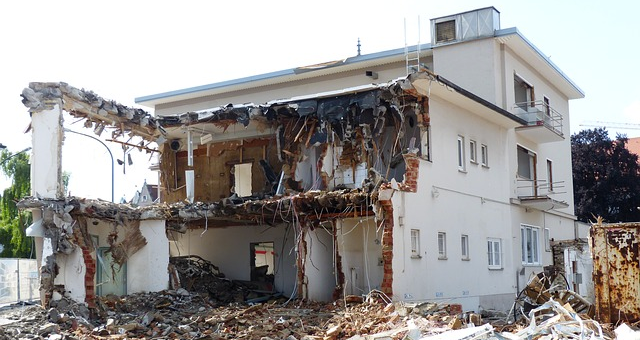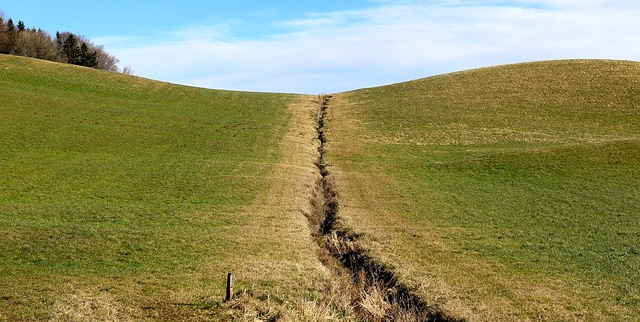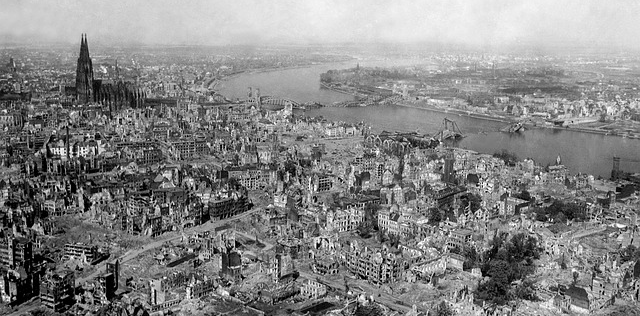
(Way With Worlds is a weekly column on the art of worldbuilding published at Seventh Sanctum, Muse Hack, and Ongoing Worlds)
We’ve been discussing conflict as of late, from psychology to how speed (or lack of it) affects conflict. But conflicts inevitably end, if only because they become something else or because everyone involved ends up sort of dead. So what happens afterwards? What happens when conflict ends?
That’s going to happen in your world. In fact, the end of conflict may define the end of a tale you tell in your world – or be the start of one. It may involve many fine details you need to consider. Smoking aftermaths tend to be more work than actually causing them, worldbuilding-wise.
So we have to ask – what comes after.
But first, I want to address what Conflict means for worldbuilding – because it has a place. (more…)

Sometimes, conflicts and social breakdowns are all about speed. In fact I’d argue they’re all too often about speed – fast or slow.
- That sudden change can be too sudden, and society falls apart. An invasion, a plague, a social breakdown can be damaging because they’re so damn fast.
- Or you have a slow change is so slow that people adapt automatically and don’t even know there’s potential conflict brewing. Sure there’s technically a plague, but its spreading so slow (or slowed down by modern technology) no one ever realized they were courting an apocalypse. Conflict averted and you never knew it.
- That character who jumps to conclusions makes situations work.
- That character who takes things slow doesn’t address problems in time, and conflict is born.
When it comes to conflict in your world, you have to ask how fast and how slow things are happening. In fact, speed – or the lack of it – may be the only reason a conflict exists. Too often people ignore solutions or go outright Leroy Jenkins on a problem and help assist the apocalypse.
So when you’re writing about the conflicts in your world you have to ask just how fast events are happening and how rapidly people are reacting. That determines what happens, or even if there is a conflict. You might even find, once you think about it, that there’s conflicts you never noticed in the societies you made all because of speed . . .
Here’s what to ask when it comes to speed and conflicts. (more…)

(Way With Worlds is a weekly column on the art of worldbuilding published at Seventh Sanctum, Muse Hack, and Ongoing Worlds)
Having explored the psychology of conflict and the way that conflicts can go from simple disagreements to smashing galaxies with a Dimension Cannon, let’s take a look at some of the more personal elements of conflict. It’s a bit of a break from the galaxy-smashing thing, but the potential is there of course.
Let’s talk biases and bigotry, those steps that often let us climb the ladder to conflict. Or descend into the pit of conflict, whatever, pick your metaphor.
We’ve all encountered biases and bigotry in real life and been driven crazy by them. We know people affected by them. In our historical readings we’ve seen cases where biases and bigotry have led to atrocities with depressing regularity. Bias and bigotry is everywhere.
Which means that as world builders and creators, we need to think about these horrible things because they’re probably part of our worlds.
Worldbuilding isn’t for people afraid to get their brains messy. So since you have to write the biases and bigotries in your world, and the results of their existence, let’s talk about them.
But first . . . (more…)

(Way With Worlds is a weekly column on the art of worldbuilding published at Seventh Sanctum, Muse Hack, and Ongoing Worlds)
So there’s a reason I covered humans (and human-alikes) and the psychology of conflict first. Characters and their institutions are often the causes of conflicts – and characters are the lenses through which players/readers experience your world. We have to think about them first in the case of worldbuilding because it gives us the right perspective.
But with that said, you need something to get your cast to engage in (or prevent) atrocities. What are he drivers and elements that create wars and conflicts?
Again, it’s often a matter of perspective. Which is the problem in fiction – and come to think of it real life as well . . . (more…)

(Way With Worlds is a weekly column on the art of worldbuilding published at Seventh Sanctum, Muse Hack, and Ongoing Worlds)
For the next few columns I’m going to be exploring the dysfunctions and conflicts in the worlds we create. Not conflicts brought about by our mistakes as worldbuilders (though those can become fuel for deeper worldbuilding as noted), but what happens when things break down? Sure we’re all busy building our world, but things go wrong inside the worlds as part of good worldbuilding, and we have to figure out the implications of the crises we create.
In fact, as repeated several times, conflict is actually part of the process of making a world accessible and interesting. People want to hear stories and play games about things that happen, and that often involves conflict. Not always of course, but often enough it warrants its own section here in a series of columns by a slightly-mad-scientist of randomizing ideas.
Now everyday conflicts are one thing; arguing over a tab, not being able to find dragon dung at the alchemist’s shop, and so on. Let’s talk about the big ones, the ones that are epic and horrible, the ones we write about – and the ones that in real life make us wonder why the hell they happened.
So let’s go and find out just how things break down and go wrong. We’ll start with how it stays together in the first place – well, how our cast of characters and people keep it together. After all, they’ll be the ones you’re writing about or your players are playing.
Also they’re probably the ones causing the problems . . . (more…)




